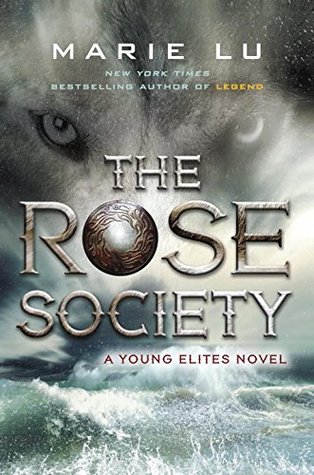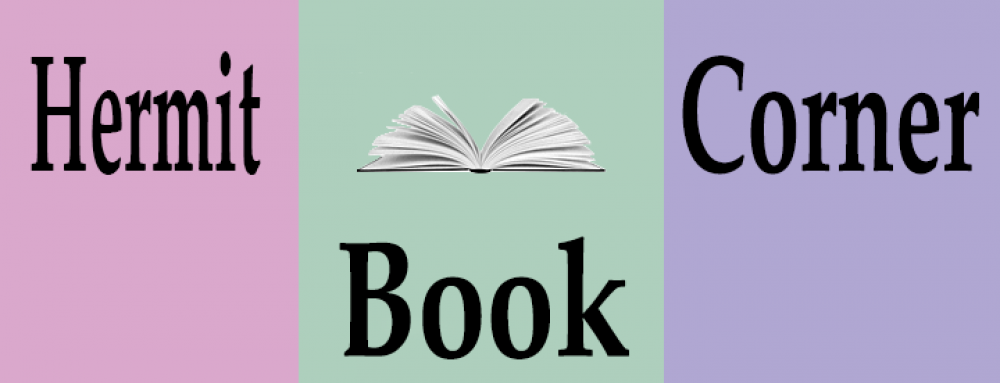 Please be advised that there are spoilers peppered throughout this review, and I would feel terrible if your eyes dropped on spoiler bomb. SpoilersspoilersSPOILERS! You’ve now been warned four times.
Please be advised that there are spoilers peppered throughout this review, and I would feel terrible if your eyes dropped on spoiler bomb. SpoilersspoilersSPOILERS! You’ve now been warned four times.
In Marie Lu’s The Rose Society, the highly anticipated sequel to The Young Elites, we’re offered questions about morality and allegiance. Delivered with heart-racing prose, Society is a crazily paced story with non-stop shocks and twists. When we last saw Adelina Amouteru , she had been exiled by The Daggers and on the run with her sister Violet after Adelina inadvertently killed Enzo. Adelina’s bleakness prior to Society is different than her current situation. The Young Elites was thematically defined by its morose protagonist trying to find happiness by gaining acceptance via The Daggers. Society doesn’t harbor any of that plastic happiness. Make no mistake, Adelina now wants revenge which means inflicting as much collateral damage as possible to secure her place on Kenettra’s throne.
The characterization of Adelina is significant. Per Lu’s warning, Adelina undergoes a drastic change leading her to murder and manipulate those around her. This is hardly a surprise, however. Adelina’s choices are reactive from people who have ostensibly wronged her, and though she still intends to go after these people, her convictions have drastically changed to include the entire kingdom; hence, she’s transformed from an angry victim to a conqueror, or so it may seem. Adelina continues to assign blame to everyone in hopes it will somehow pacify her. Bitterness and self-pity tartly remain nestled in her psyche from the trauma incurred from years of neglect, abuse, and until recently, abandonment. Insofar the character development has primarily focused on Adelina’s agency and her crippling despair, having it burn like napalm and destroying everything it touches. Adelina has yet to come to terms with her pain and is using her vendetta as a distraction. This much is obvious to Violet but it doesn’t stop Adelina from turning on her too, but by this point in the novel, we know what to expect and the events leading up to the novel’s conclusion become prosaic.
Although Violet is one of the least-liked characters, she is more nuanced when compared to Adelina. Violet doesn’t fit into any kind of archetype nor is she an antagonist. She’s credulous but not to a fault and can recognize when things begin to spiral out of control. Violet’s support of Adelina is tantamount to her guilt for neglecting Adelina all those years, yet she may very well be following her sister due to familial obligations. We don’t know why Violet does what she does, which makes us suspect there’s more to her. She’s a multifaceted character whose identity is separate from Adelina’s. They’re sisters who don’t automatically fall in line with whatever the other sister’s motives are, which gives Violet agency.
Society misses with its myriad of supporting characters by having most of them relegated to fodder for Adelina to use later to demonstrate how far she’s willing to go to get what she wants. Surviving Adelina’s dark wake is Magiano. He initially brought more to the story with his gambit-like character but loses most of this once he falls for Adelina. And Raffaele —observant, gentle, seductive and merciless—functions mostly as a pretty face, his predominant role involving seducing the Queen. Other members of the Dagger society are reduced to a veneer of camaraderie with their connection with Adelina portrayed superficially. So much is removed from the supporting characters that when Adelina takes them down, we can’t muster up the energy to grieve for them.
Society’s twist undermines Adelina character development and is egregious to the novel’s themes. For Adelina, deteriorating mental health is a side effect of excessively using her power. Once this knowledge is learned, it strips away all Adelina’s agency. She’s not in control or soberly making decisions. By introducing this twist, it consequently makes Adelina a helpless victim who can’t save herself anymore, which means someone will have to save her (different definitions of ‘save’ may apply.) What I loved while reading Society was the idea of having a strong, female protagonist, who may not have been the most liked or the most charitable, choose a darker path to reach her goals, but that doesn’t hold true anymore. She is more or less someone suffering from Schizophrenia. Her condition is sabotaging and influencing her choices, leaving us more with questions about how to treat people suffering from mental illness and if they’re absolved of criminal responsibility, a contentious topic right now in my country.
I look forward to seeing the events play out in the next and last book of the trilogy. With only Raffaele and Violet knowing of the side effect, I wonder how they will handle this information and if it will change their opinion of Adelina. Raffaele wouldn’t hesitate if it came down to killing Adelina because of his loyalties to Enzo; Raffaele may even think he’s killing her out of mercy. But I see the final confrontation occurring where it started: with the sisters. Adelina has always compared herself to Violet and seen her as a source of misery. Violet, who’s been privileged by beauty and favoritism, must also come to terms with what’s happened since, as demonstrated in Society, not talking about it made Adelina lash out even more. Adelina may just be following the same path as the kings before her, but for now, she sits alone on her thrown with nothing but her crown and whispers.
